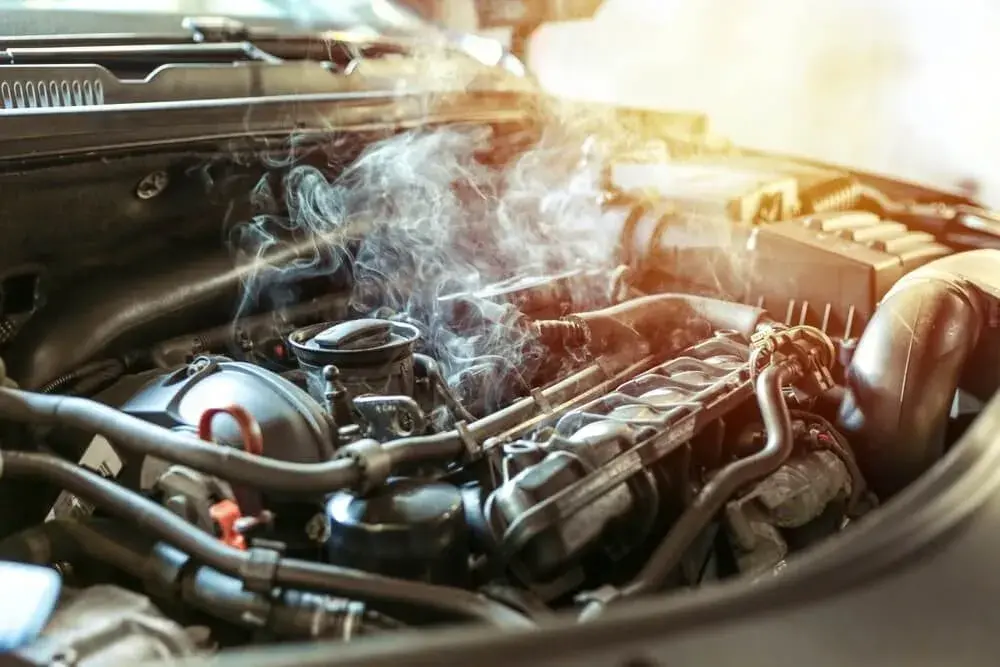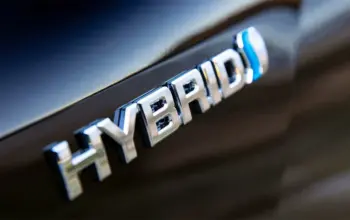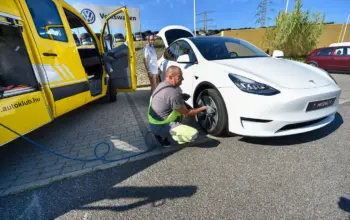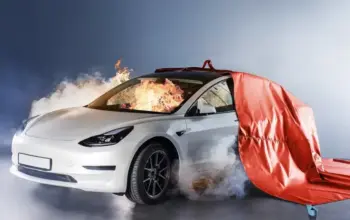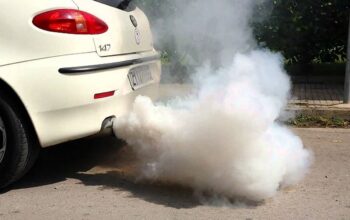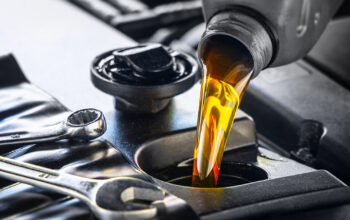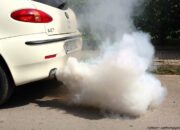Uzone.id – Just like the global temperature condition which is hit by excessive heat, Indonesia is also currently hot. Now, overheating So one of the threats that haunts you when driving in hot weather.
Overheating of the car can occur at any time when the engine temperature rises above average. Usually, smoke suddenly appears from the hood.
What is Overheat?
Overheating in a car is a condition where the vehicle’s engine temperature increases significantly beyond normal limits. Car engines are designed to operate at optimal temperatures, and when the temperature rises too high, it can cause serious problems with the engine.
Even though many drivers know the signs that a car is overheating, not all car drivers understand the causes of a car overheating and how to deal with this condition.
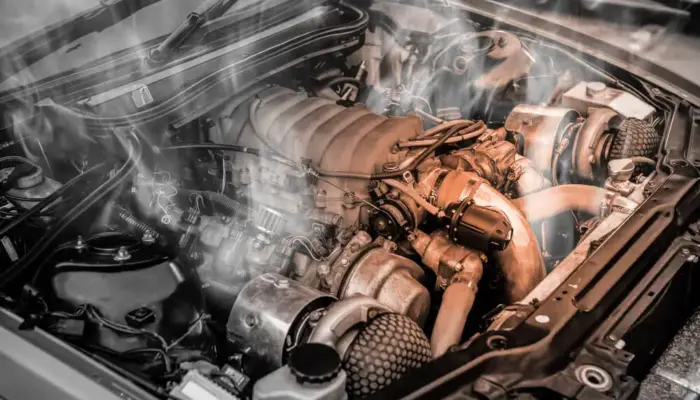
Causes of Car Engine Overheating
What are the signs of a car overheating? Here are 6 factors that cause a car to overheat (the temperature is too hot), including the following:
1. Damaged Radiator Fan
The main cause of car engines overheating is due to damage to the engine cooling system in particular faulty radiator fan. It could be said that this component often has problems and is easily damaged. The damage makes it difficult to lower the engine so that the car engine overheats.
2. Damaged Radiator Cover
The next cause of engine overheating is caused by damage to the radiator cap. I don’t know if it was caused by the lid not being installed tightly enough or something causing the lid to not be installed. This causes the radiator coolant to drip and makes the engine temperature hotter.
3. There is a Radiator Leak
Apart from damage to the fan and radiator cap, car engine overheating is also caused by radiator leaks. Damage to the radiator is usually caused by high levels of oxygen and water in the radiator, causing corrosion.
This can cause the radiator metal to leak so that the coolant fluid is wasted and cannot cool the engine quickly.
4. Faulty Thermostat
A thermostat mobil or a damaged engine temperature gauge can also cause obstructions in the radiator coolant lines. If this condition occurs, it is certain that the engine temperature will have difficulty dropping and will overheat.
5. Use of fake oil or poor oil quality
Using fake oil in a car can cause the temperature in the car engine to overheat. This is because oil cannot lubricate the car engine parts properly so the friction generated is very large. This can cause the hood of the car to emit thick smoke.
6. Fuel Used Inappropriately
Using inappropriate fuel, such as too low octane, can cause the engine to knock, resulting in more waste of fuel and the car overheating.
If the car’s temperature indicator shows overheating, the car will experience a loss of power. Usually, you will hear a loud pinging or knocking sound, this could happen because the engine is too hot.
If these signs occur in your car, there is no need to panic. The following are checking steps that you can take when the engine overheats:
- Pull over and stop as soon as it is safe to do so.
- Move the gear to position P (Park, for Continuously Variable Transmission (CVT) vehicles) or to Neutral (for manual transmission vehicles) and apply the parking brake. If A/C is on, turn it off.
- If there are drops of engine coolant (coolant) under the vehicle or steam coming from the hood, turn off the engine. Do not open the hood until the coolant stops working or evaporation stops.
- If there are no visible engine coolant leaks and there is no steam, leave the engine running and check to make sure the engine cooling fan is operating. If the fan does not work, turn off the machine.
- Check for engine coolant leaks from the radiator, hoses, or under the vehicle. (If the A/C has been used, cold water will drip when you stop, which is normal.)
- If engine coolant leaks, stop the engine immediately.
- If you cannot find the cause of overheating, wait until the engine temperature returns to normal.
- Then, if the engine cooling water decreases/runs out, add engine cooling water to the reservoir carefully to raise the engine cooling water level in the reservoir to the half mark.
- Proceed with caution, alert for signs of further overheating.

